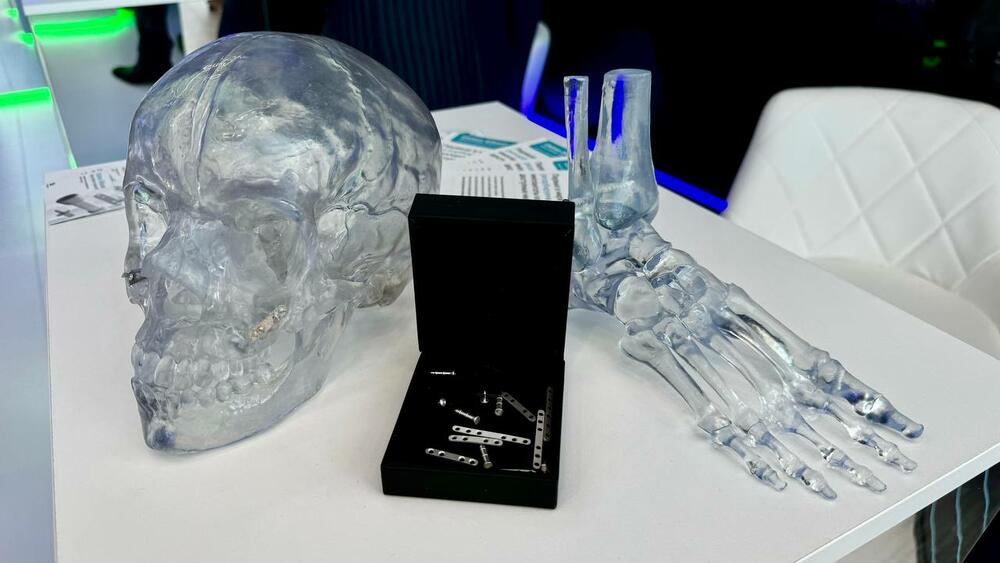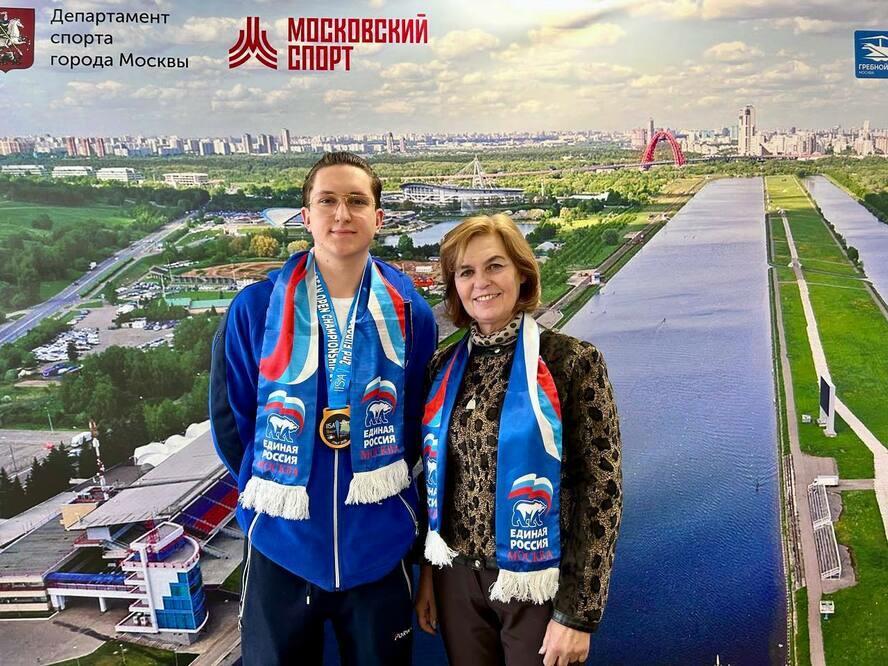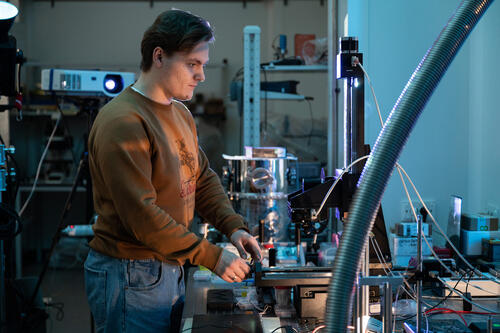Scientists from NUST MISIS, in collaboration with their industrial partner Osteo-Sibear, have established Russia’s first production facility for bioresorbable magnesium implants intended for maxillofacial surgery and traumatology. The advantage of these metal structures lies in the fact that they do not need to be removed from the body, because they dissolve over time. The development of a full-cycle manufacturing process for implants with optimal properties and enhanced biocompatibility will help reduce rehabilitation time and minimize the risk of complications. This technology is included in the Ministry of Industry and Trade’s list of critical products and is aimed at import substitution in the medical field.

The magnesium alloys developed and patented by NUST MISIS researchers possess unique characteristics: biocompatibility and optimal performance properties. Innovative methods for preparing the raw materials allow for control over the rate at which the material dissolves. Since the fixation structure is gradually replaced by bone tissue, there is no need for a second surgery.
“The first pilot clinical trial was conducted at the Russian Medical University of the Ministry of Health. Our colleagues confirmed the promise of the developed approach. We performed two surgeries. The implants demonstrated a high level of fixation, and resorption proceeded without complications. This is a significant achievement not only for the NUST MISIS research team but also a strong argument in favor of advancing to a new level in maxillofacial surgery. Currently, together with our industrial partner, we are in the process of obtaining registration approval from Federal Service for Surveillance in Healthcare,” said Alexander Komissarov, Director of the Advanced Engineering School at NUST MISIS.
During the initial experimental trials of the magnesium alloy bioresorbable structures, Osteo-Sibear (a Skolkovo Foundation resident since 2024) showed interest in the scientists’ development. The company now plans to produce 18 types of trauma-related implants and 6 for maxillofacial surgery, including screws, pins, and plates.
“We have completed the key scientific phase and are entering the market with a ready-to-use product, which is already attracting interest from India, the Middle East, and Latin America. Thanks to our partnership with MISIS and leading medical institutions, we’ve created a full-cycle technology and are ready to scale up. The market potential is enormous, and we know how to realize it,” said Margarita Kellerman, Head of Osteo-Sibear.
The project is being implemented as part of the NUST MISIS strategic technological initiative “Biomedical Materials and Bioengineering” under the state program “Priority 2030.” The university is the coordinator of the “Health Engineering” consortium.

